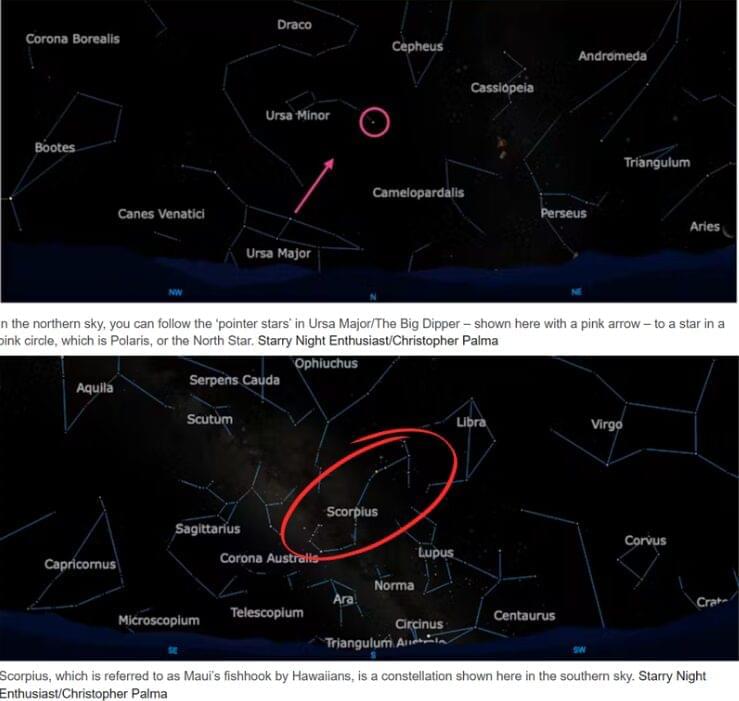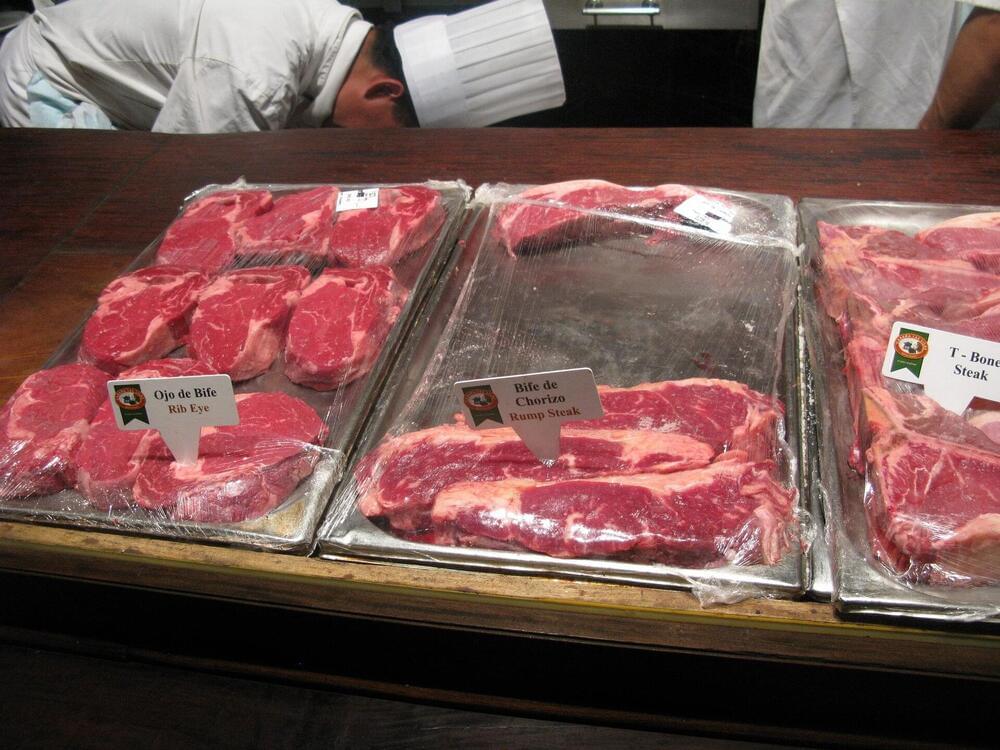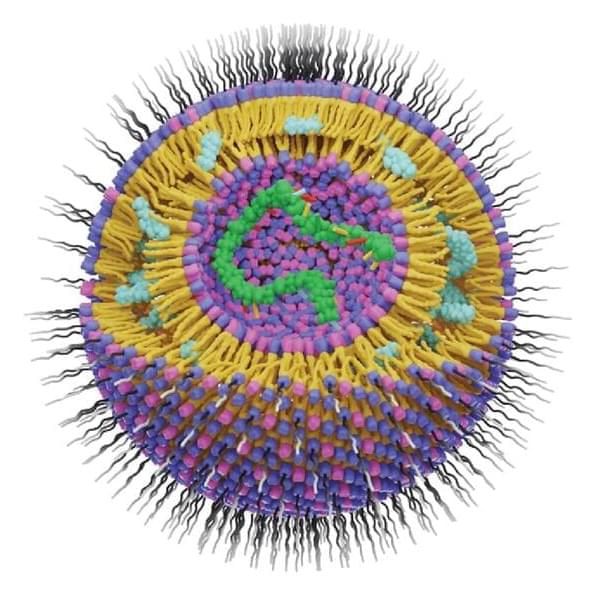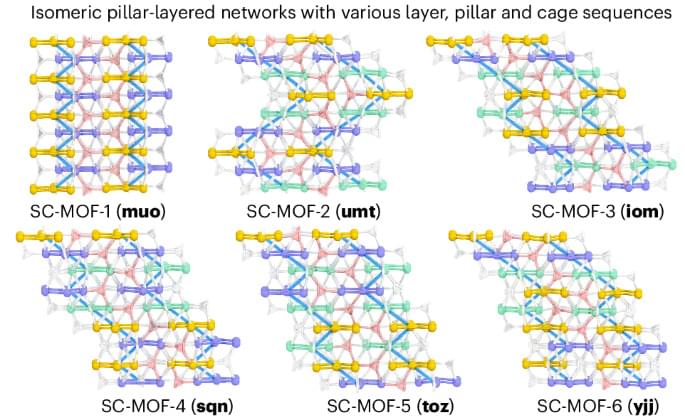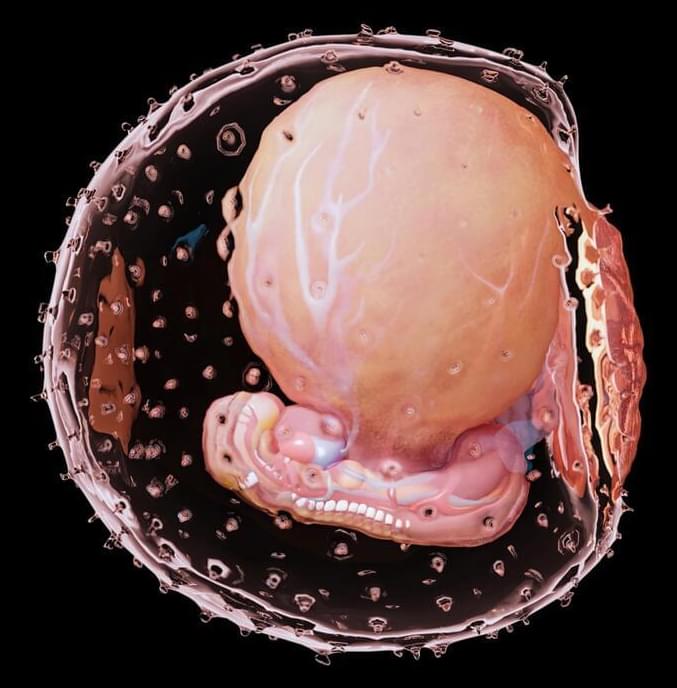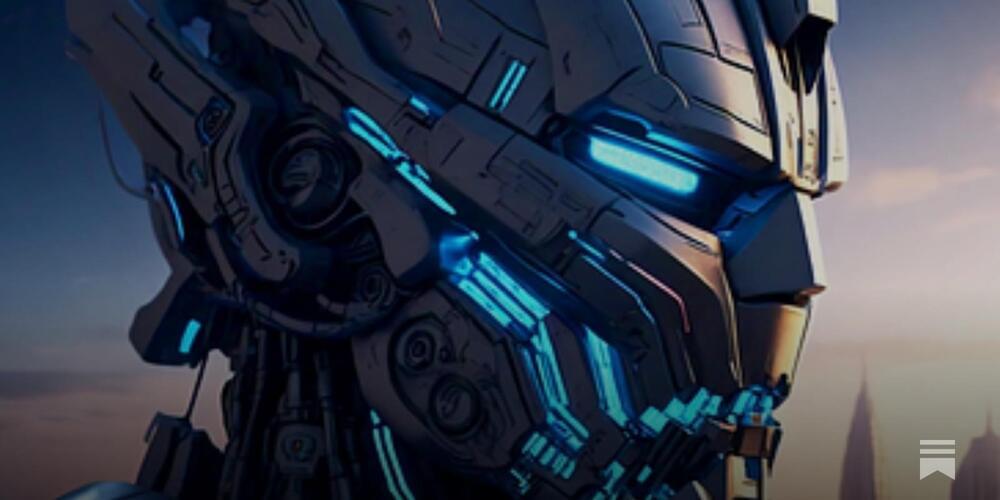Page 10
Jan 20, 2025
In Disney’s ‘Moana,’ the Characters Navigate using the Stars—an Astronomer explains how these methods work
Posted by Natalie Chan in category: education
If you have visited an island like one of the Hawaiian Islands, Tahiti or Easter Island, also known as Rapa Nui, you may have noticed how small these land masses appear against the vast Pacific Ocean. If you’re on Hawaii, the nearest island to you is more than 1,000 miles (1,600 kilometers) away, and the coast of the continental United States is more than 2,000 miles (3,200 kilometers) away. To say these islands are secluded is an understatement.
For me, watching the movie “Moana” in 2016 was eye-opening. I knew that Polynesian people traveled between a number of Pacific islands, but seeing Moana set sail on a canoe made me realize exactly how small those boats are compared with what must have seemed like an endless ocean. Yet our fictional hero went on this journey anyway, like the countless real-life Polynesian voyagers upon which she is based.
As an astronomer, I have been teaching college students and visitors to our planetarium how to find stars in our sky for more than 20 years. As part of teaching appreciation for the beauty of the sky and the stars, I want to help people understand that if you know the stars well, you can never get lost.
Jan 20, 2025
Eating Red Meat may Increase your Risk of Type 2 Diabetes—not a lot of people know that
Posted by Natalie Chan in category: biotech/medical
Red meat has been a part of diets worldwide since early man. It is an excellent source of protein, vitamins (such as B vitamins) and minerals (such as iron and zinc). However, red meat has long been associated with increasing the risk of heart disease, cancer and early death. What may not be so well known is the link between red meat consumption and type 2 diabetes.
A paper published in The Lancet in September 2024 highlighted this link to type 2 diabetes using data from the Americas, the Mediterranean, Europe, south-east Asia and the Western Pacific (20 countries included).
This recent study, with nearly 2 million participants, found that high consumption of unprocessed red meat, such as beef, lamb and pork, and processed meat, such as bacon, salami and chorizo, increased the incidence of type 2 diabetes.
Jan 20, 2025
Custom Antibody Production, CAR-T Services, mRNA-LNP
Posted by Dan Breeden in category: bioengineering
Quality antibodies, engineered cell lines, CAR-T & protein expression services. Contact us for custom made products to help your research here!
Jan 20, 2025
Synthesis of pillar-layered metal–organic frameworks with variable backbones through sequence control
Posted by Dan Breeden in category: materials
The tailoring of reticular materials is key for enhancing the complexity and diversity of their structure and function. Now, a series of isomeric pillar-layered metal–organic frameworks with tunable topologies have been prepared through altering the layer stacking, which enables variability on the backbone structure, pillar spatial arrangements and pore structure.
Jan 20, 2025
Embryo formation is shaped by electric fields
Posted by Dan Breeden in category: futurism
Researchers found that electric fields inside embryos guide migrating cells. The enzyme Vsp1 helps cells sense and respond to these signals.
Jan 20, 2025
Brain-controlled interface experiment provides empirical support for one-way neural activity paths
Posted by Dan Breeden in categories: physics, robotics/AI
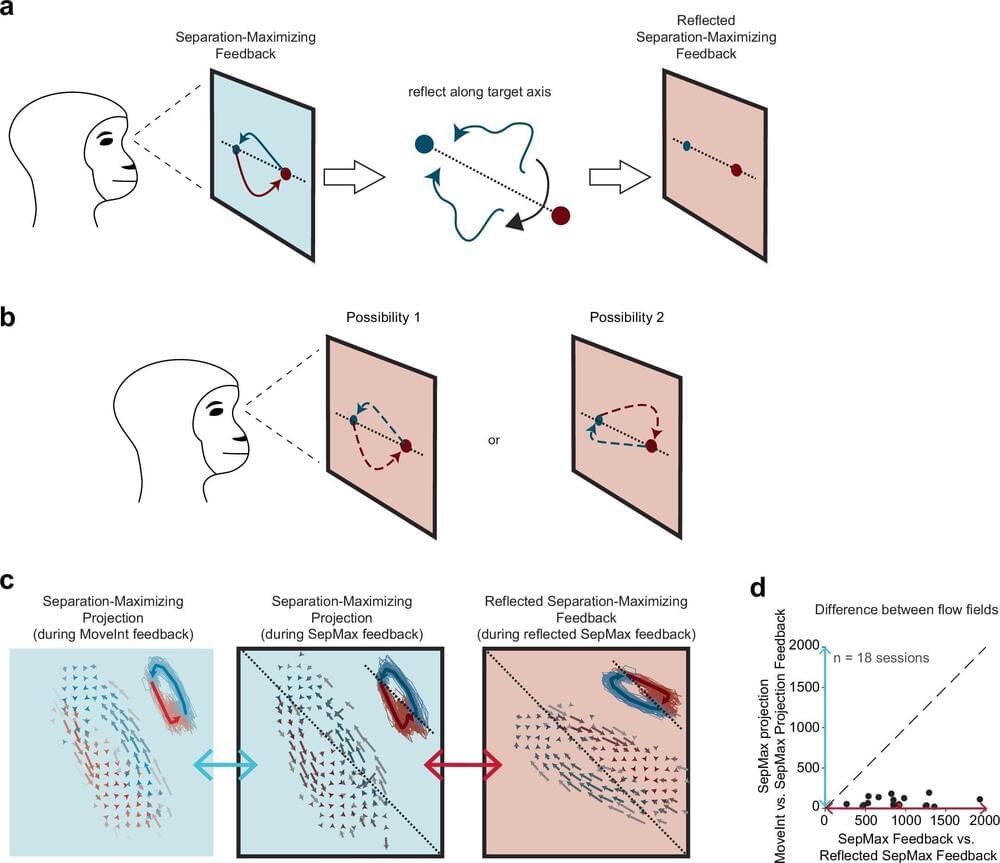
Neural network models that are able to make decisions or store memories have long captured scientists’ imaginations. In these models, a hallmark of the computation being performed by the network is the presence of stereotyped sequences of activity, akin to one-way paths. This idea was pioneered by John Hopfield, who was notably co-awarded the 2024 Nobel Prize in Physics. Whether one-way activity paths are used in the brain, however, has been unknown.
A collaborative team of researchers from Carnegie Mellon University and the University of Pittsburgh designed a clever experiment to perform a causal test of this question using a brain-computer interface (BCI). Their findings provide empirical support of one-way activity paths in the brain and the computational principles long hypothesized by neural network models.
Jan 20, 2025
Lucifer (extended) — The Alan Parsons Project
Posted by Dan Breeden in category: futurism

Berzerker hypothesis dark forest all higher forms of life become postbiological and wipe each other out.
Jan 20, 2025
The Logical Song
Posted by Dan Breeden in categories: computing, education, neuroscience
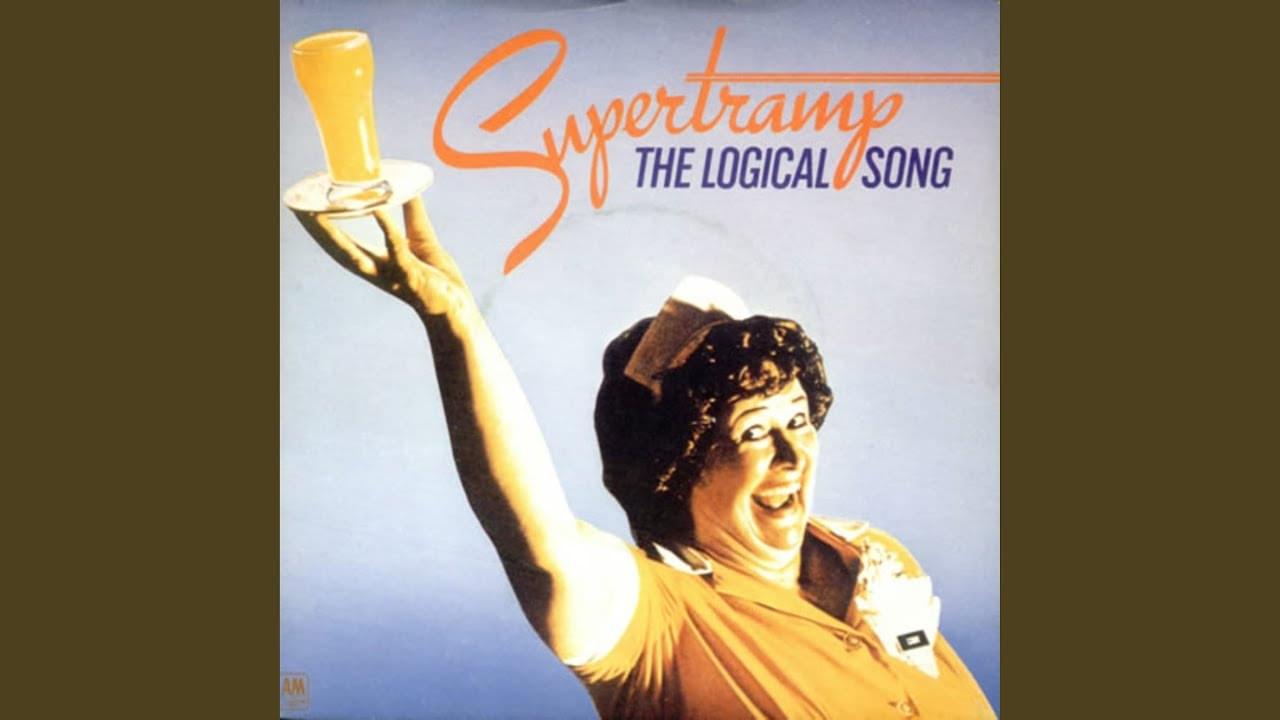
We should reform the educational system to include cognitive and intellectual enhancements for all including nootropic techniques and brain computer interfaces.
Provided to YouTube by AdRevThe Logical Song · SupertrampThe Logical Song℗ 1979 A&MReleased on: 1995–01-01Auto-generated by YouTube.
Jan 20, 2025
Sam Altman Tells AI Fans To Lower Their Expectations As Rumors Swirl OpenAI Is On The Brink Of Superintelligence
Posted by Bruce Burke in categories: business, robotics/AI, transportation
In today’s AI news, OpenAI CEO Sam Altman is trying to calm the online hype surrounding his company. On Monday, the tech boss took to X to quell viral rumors that the company had achieved artificial general intelligence. “Twitter hype is out of control again,” he wrote. “We are not gonna deploy AGI next month, nor have we built it.”
In other advancements, Stuttgart, Germany-based Sereact has secured €25mn to advance its embodied AI software that enables robots to carry out tasks they were never trained to do. “With our technology, robots act situationally rather than following rigidly programmed sequences. They adapt to dynamic tasks in real-time, enabling an unprecedented level of autonomy,” said Ralf Gulde, CEO of Sereact (short for “sense, reason, act”).
Then, seven years and seven months ago, Google changed the world with the Transformer architecture, which lies at the heart of generative AI applications like OpenAI’s ChatGPT. Now Google has unveiled a new architecture called Titans, a direct evolution of the Transformer that takes us a step closer to AI that can think like humans.

